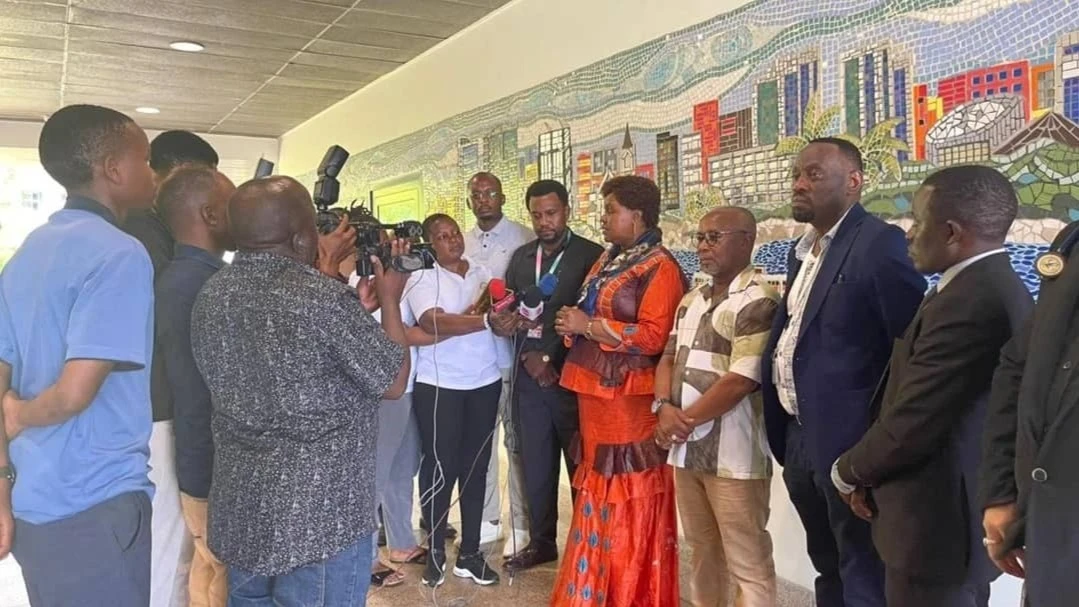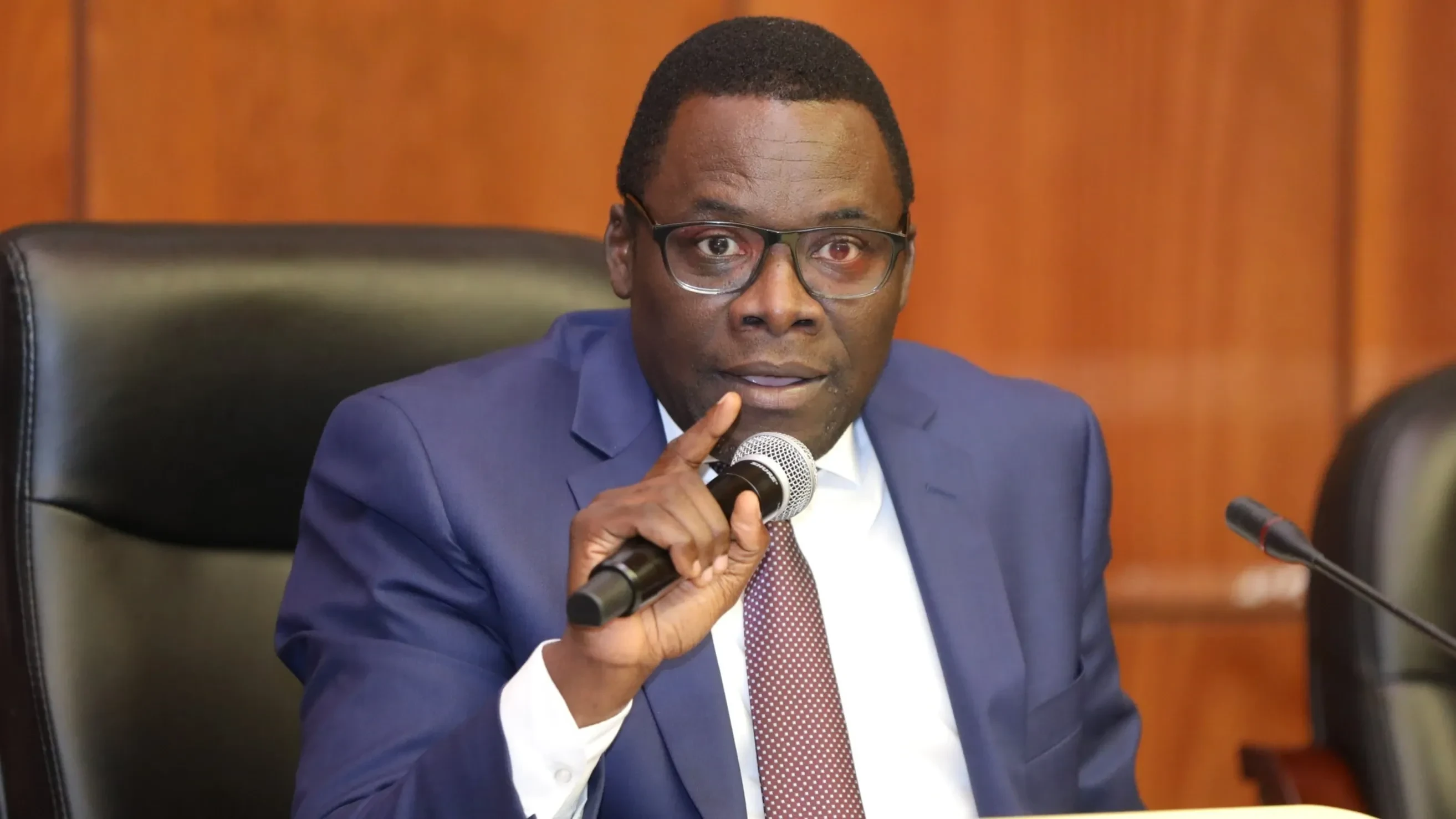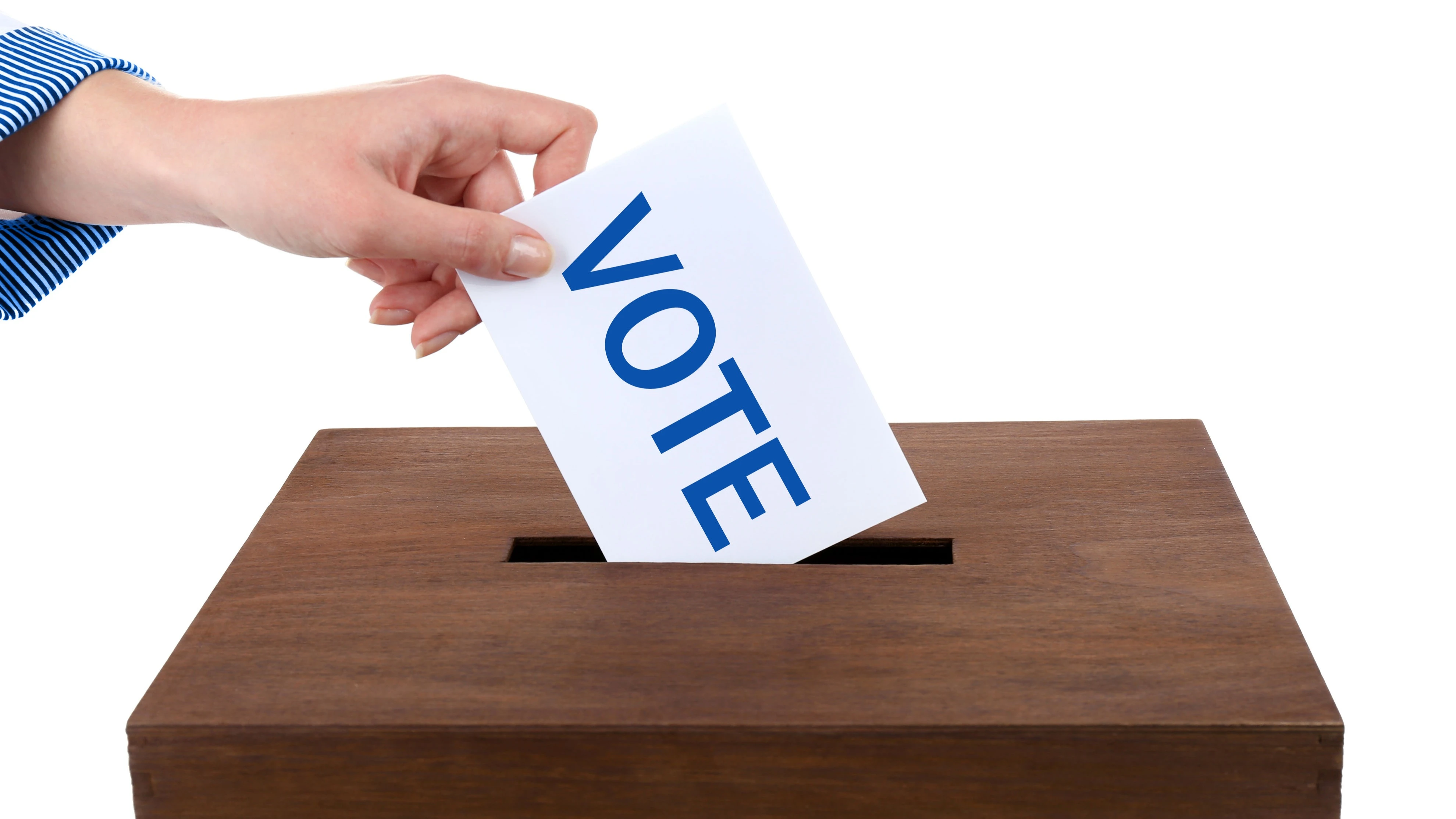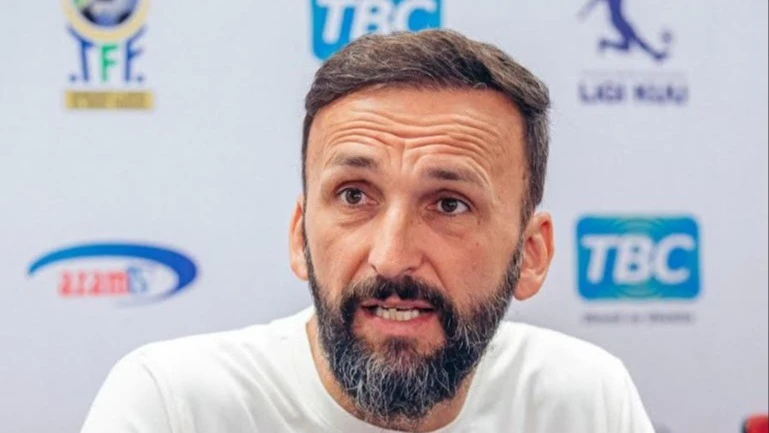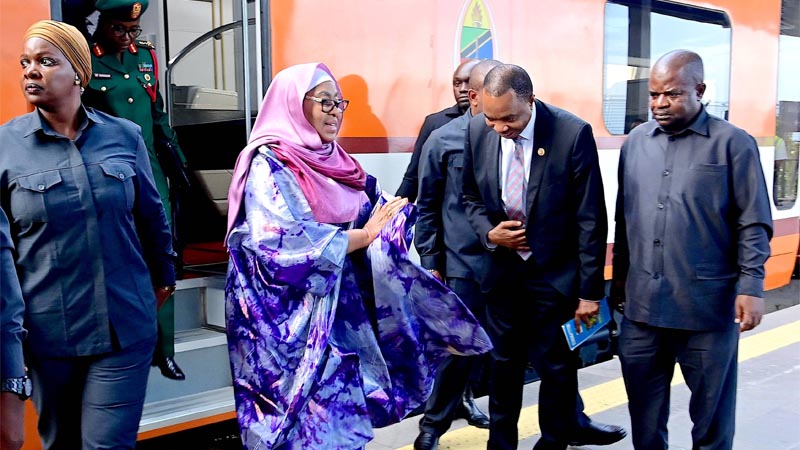Bank of Japan raises rates to highest percent in 17 years
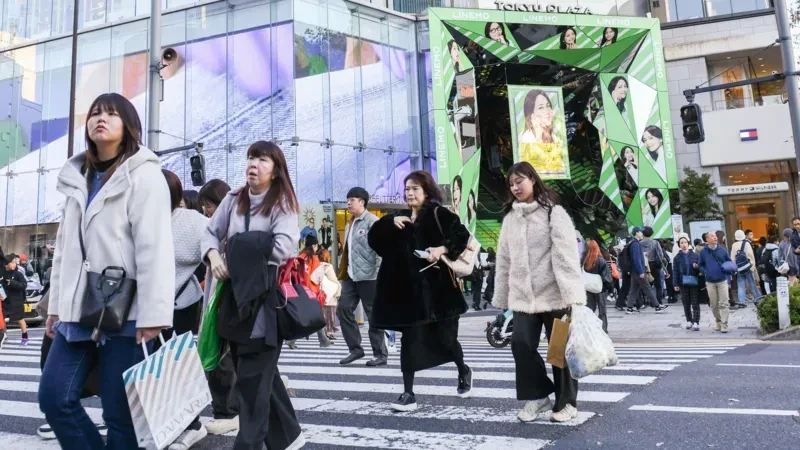
Japan's central bank has increased the cost of borrowing to its highest level in 17 years after consumer price rises accelerated in December.
The move by the Bank of Japan (BOJ) to raise its short-term policy rate to "around 0.5 per cent" comes just hours after the latest economic data showed prices rose last month at the fastest pace in 16 months.
The BOJ's last interest rate hike in July, along with a weak jobs report from the US, caught investors around the world by surprise, which triggered a stock market selloff.
The bank's governor, Kazuo Ueda, signalled this latest rate hike in advance in a bid to avoid another market shock.
According to official figures released on Friday, core consumer prices in Japan increased by 3% in December from a year earlier.
The decision marks the BOJ's first rate hike since July and came just days after Donald Trump returned to the White House.
During the election campaign Trump threatened to impose tariffs on all imports into the US, which could have an impact on exporting countries like Japan.
By raising rates now the bank will have more scope to cut rates in the future if it needs to boost the economy.
The move highlights the central bank's plans to steadily increase rates to around one percent - a level seen as neither boosting or slowing the economy.
The BOJ signalled that interest rates will continue to rise from ultra-low levels.
Neil Newman, the head of strategy at Astris Advisory Japan said: "rates will continue to rise as wages increase, inflation remains above two percent and there is some growth in the economy."
"We look for another 25-basis point hike in six months," said Stefan Angrick, a Japan economist at Moody's Analytics.
Last year, the BOJ raised the cost of borrowing for the first time since 2007 after rates had been kept down for years as the country struggled with stagnant price growth.
That hike meant that there were no longer any countries left with negative interest rates.
When negative rates are in force people have to pay to deposit money in a bank. They have been used by several countries as a way of encouraging people to spend their money rather than putting it in a bank.
The Bank of the Japan (BOJ) increased its key interest rate from -0.one percent to a range of 0%-0.1 percent. It comes as wages have jumped after consumer prices rose.
In 2016, the bank cut the rate below zero in an attempt to stimulate the country's stagnating economy.
The hike means that there are no longer any countries left with negative interest rates.
When negative rates are in force people have to pay to deposit money in a bank. They have been used by several countries as a way of encouraging people to spend their money rather than putting it in a bank.
The BOJ also abandoned a policy known as yield curve control (YCC), which saw it buying Japanese government bonds to control interest rates.
YCC policy has been in place since 2016 but has been criticised for distorting markets by keeping long-term interest rates from rising.
In a statement announcing the decision, the BOJ said it will keep buying "broadly the same amount" of government bonds as before and ramp up purchases in case yields rise rapidly.
Expectations that the BOJ would finally raise rates had been growing since governor Kazuo Ueda took office in April last year.
The latest official figures showed that even though the rate of price rises has been slowing, Japan's core consumer inflation held at the bank's 2% target in January.
The decision to finally hike rates hinged on the country's major corporations increasing wages for their workers to help them cope with the rising cost of living, Nobuko Kobayashi from consulting firm EY-Parthenon told the BBC.
Earlier this month, Japan's biggest companies agreed to raise salaries by 5.28% - the biggest wage hike in more than three decades.
Wages in the country had flatlined since the late 1990s as consumer prices rose very slowly or even fell.
But the return of inflation could be both good and bad news for the economy, Kobayashi says.
"Good, if Japan can stimulate productivity and domestic demand. Bad, if inflation stays externally-driven by things like war and supply chain disruptions."
Looking ahead, the BOJ has signalled that there will not be further rate hikes for now as it anticipates that "accommodative financial conditions will be maintained for the time being".
"With inflation coming off the boil now, it seems likely that trade unions will push for smaller pay hikes in next year's talks," wrote Marcel Thieliant of research firm Capital Economics.
"With wage growth peaking this year, we still expect inflation to fall below the BOJ's target by the end of the year so the Bank won't feel the need to lift its policy rate any further."
In February, Japan's main stock index the Nikkei 225 hit an all-time closing high, surpassing the previous record set 34 years ago.
Top Headlines
© 2025 IPPMEDIA.COM. ALL RIGHTS RESERVED











